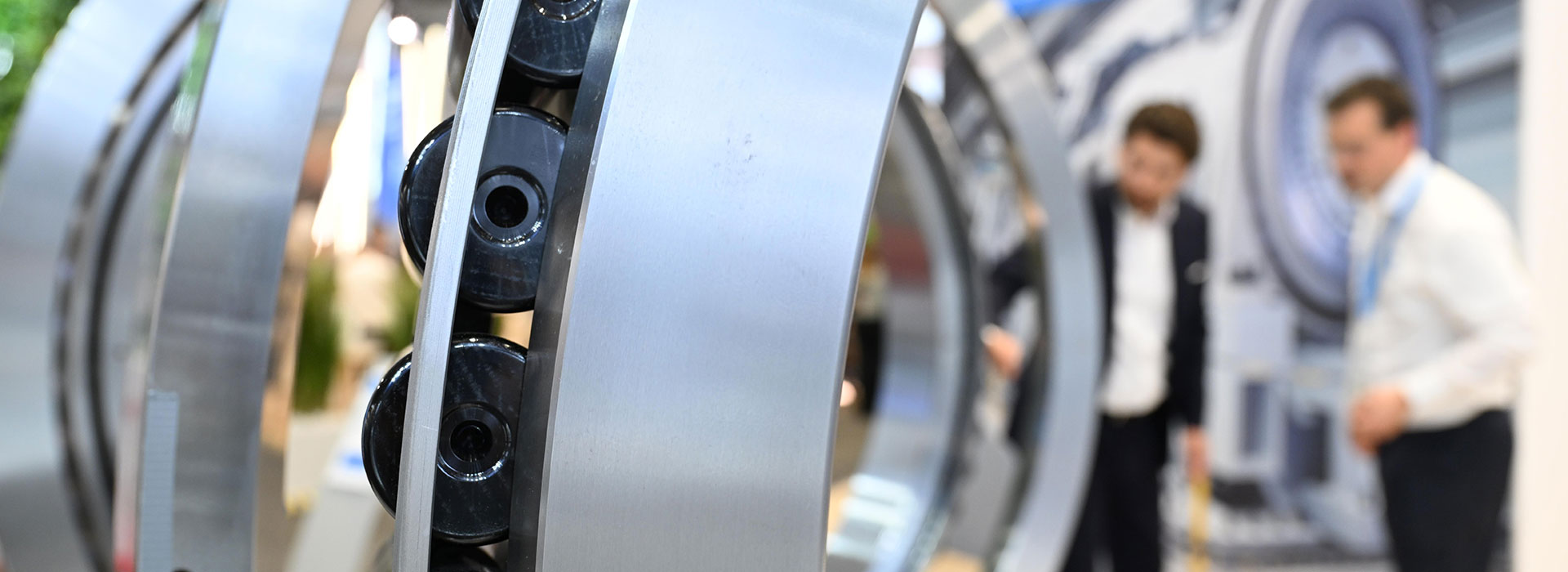
Key topics
Turbine technology
The wind industry is a highly innovative sector - from the components to the finished turbines. Constant development and research ensure that not only increases in performance and industrialisation are continuously driving the sector forward. On top clever detailed solutions ensure that the turbines increasingly are getting better and better.
Digitalisation
The current state of digitalization in the wind industry shows that digital transformation is gaining momentum. Companies are increasingly relying on intelligent sensors, big data analysis, predictive maintenance and artificial intelligence to operate their systems more efficiently and minimize downtime. Cyber security is playing an increasingly important role.
Markets (regions/countries)
Both national and international markets as well as governments, policy makers and international institutions are working on installing and increasing renewable energy capacity in order to meet the net zero target by 2050.
Supply chain
Wind energy is one of the most competitive technologies for improving global energy security. A robust global supply chain is essential for wind energy to realise its full potential. Without a robust supply chain, the targets for net zero emissions in this decade are unachievable.
Storage
Energy storage systems enable the efficient utilisation of renewable energies and help to keep the electricity grid stable. Options for storing wind energy are being tested and researched. Storage in large batteries and the conversion of energy into hydrogen are further options.
Grids
Grid expansion is of central importance worldwide to ensure that the electricity supply remains secure and affordable. The electricity grid is therefore the backbone of a successful energy transition.
Sustainability (environment nature protection, decommissioning, a.o.)
Sustainability is playing an increasingly important role in the wind industry. Establishing a recycling industry for composite and other materials: from sourcing to implementation.
Project development
Project development covers the entire process of creating a wind farm, from the economic feasibility study and site analysis to securing the site, configuration and approval, right through to construction.
Career / recruiting
Career and recruiting is essential to keep the industry running. Never before has the demand for skilled workers been as high as it is now. Companies in the wind energy sector are striving more than ever to recruit qualified future employees with a wide range of specialisations.
Policy and regulation
Legislation sets the framework for the roll-out of wind energy in the various markets. Adequate regulation is therefore essential for the progress of wind energy installations worldwide. The implementation must be market-driven and should not be dictated by minimum requirements.
Finance
Financing is the most important criterium for future implementation of the wind industry. Be it new construction or repowering - customised financing and advice on all funding options are essential for wind turbines.